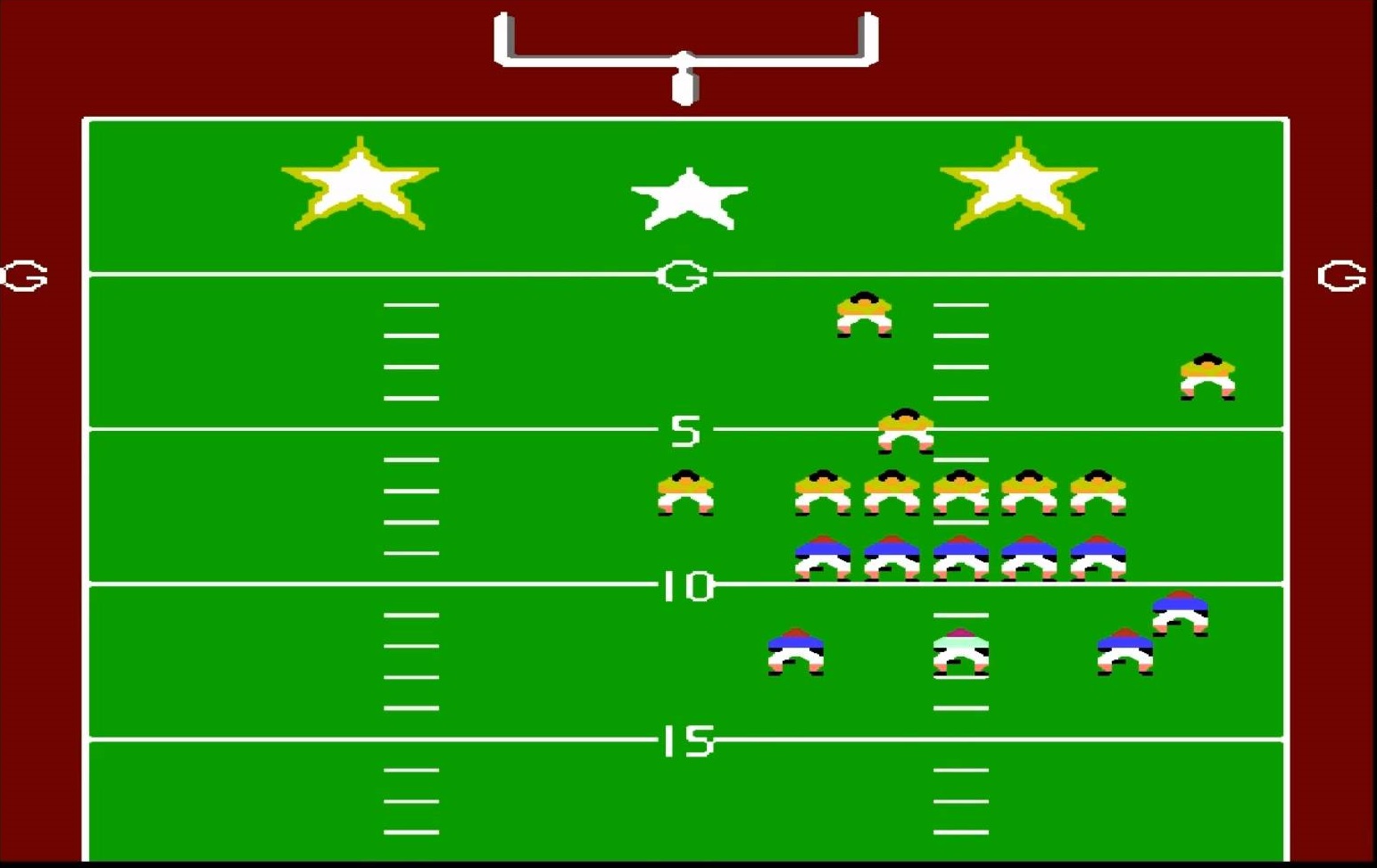The first step is to make E-sports more noticeable. And how do we do that? Make it a collegiate activity. In doing this there will be legitimate educational organizations that support E-sports and that will mean that E-sports will be taken as a credible activity. This will also mean that students will be involved in playing and cheering for E-sports teams because as college football has shown college students are willing to cheer and watch most activities because college students love showing school spirit.
The next step is to make E-sports more understandable to the average person. To do this we will model E-sports after collegiate sports in the season format, game format, and playoff format. Each game will have a season in which competitive gaming takes place. For instance COD will be Fall, Dota or League of Legends will be Winter, Starcraft II will be Spring, and Summer will be Super Smash Brothers. If a new installment of a game like a new COD series comes out in the middle of a season the competitive play for the game will take place in the next season. In each season there will be regularly scheduled online matches between teams from different colleges. At the end of the season each team will go to a different playoff depending on their season record. For instance the top 2 teams will play in one playoff while the bottom 2 teams will play in a separate playoff.
This brings us to the question of funding. There are several options for funding; there are independent investors who are individuals who want to donate money; but with competitive gaming being in its infancy many investors will be turned off due to the lack of a track record or any guarantee of profits. There are also the option of having game development companies invest but that is like football production companies investing in the NCAA. E-sports teams have to buy the games no matter what so the game development companies have little incentive to invest. It is possible to have an auction for game development to raise money and you auction off what games you play competitively for each season but then E-sports turn into marketing inserted of a competitive activity. One of the better choices is having gaming hardware companies invest which is much more plausible considering gamers are all about hardware, the MLG already uses gaming hardware companies to raise money, and it will allow newer teams to be able to afford high end computers. Another possibility which is just as plausible as hardware companies investing is crowdfunding. Crowdfunding will allow a ton of individuals to get involved in E-sports, could raise more money than necessary and may allow money to be donated to found more collegiate e-sports teams, and it will publicize E-sports internationally.
So in conclusion, for E-sports to finally break into the spotlight we need collegiate support, easy accessibility to the average person, and needs to be funded which is most likely through gaming hardware companies and through crowdfunding.



